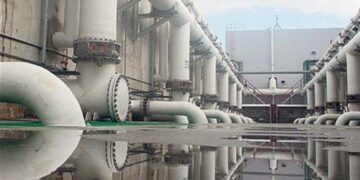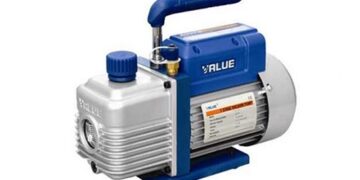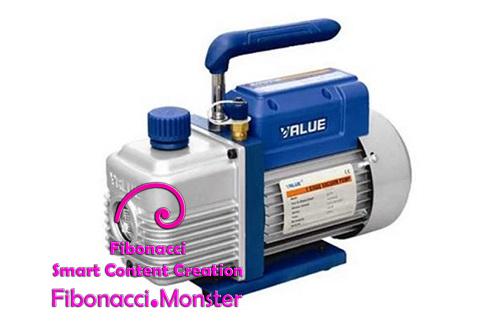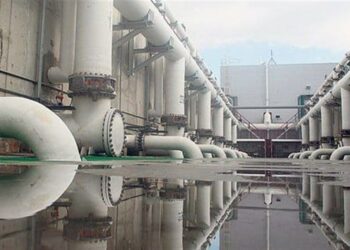Introduction
An industrial vacuum pump is a key piece of equipment in many advanced industries, laboratories, and medical fields.
These devices remove gas molecules from a closed environment, significantly reducing pressure a creating a vacuum. Such an environment enables processes that would otherwise be difficult, expensive, or impossible under normal conditions, greatly enhancing precision and quality.
The use of vacuum pumps across industries—from food packaging to medical equipment and semiconductor manufacturing—highlights the critical importance of this technology in today’s industrial world.
What is a Vacuum Pump?
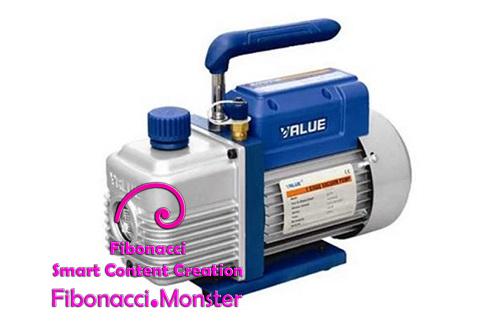
A vacuum pump is a device that removes gases and vapors from a system, creating an environment close to a vacuum. Depending on their design and technology, vacuum pumps can achieve pressures ranging from low to ultra-high vacuum. These varying pressure levels enable diverse applications across multiple industries.
Brief History
Vacuum pumps were first developed in the 17th century, but advancements in industrial technology, materials, and mechatronics have made high-efficiency vacuum pumps capable of achieving deep vacuum widely accessible to modern industries. Authoritative sources, such as the American Society of Mechanical Engineers (ASME) and publications like Vacuum Science & Technology, emphasize that vacuum is a cornerstone of precise industrial and laboratory processes.
Types of Vacuum Pumps
Vacuum pumps are categorized based on their operating mechanism and application:
Rotary Vane Pumps
Rotary vane pumps are the most common oil-based pumps in medium and heavy industries. They use rotating blades (vanes) to create a vacuum and can achieve low to medium vacuum levels. The use of oil as a lubricant and sealant increases device lifespan and reduces friction.
Dry Vacuum Pumps
Dry vacuum pumps operate without oil and are ideal for pharmaceutical, food, and medical industries. Their main advantage is reduced oil contamination and easier maintenance.
Two-Stage Vacuum Pumps
Two-stage pumps are designed for deeper vacuum applications, commonly used in sensitive industrial processes such as vacuum distillation and thin-film deposition.
Diaphragm Pumps
Diaphragm pumps are suitable for light-duty and laboratory applications requiring low to medium vacuum. They are oil-free and easy to maintain.
Applications of Vacuum Pumps in Various Industries
Food and Pharmaceutical Industries

Vacuum pumps are used in vacuum packaging, freeze-drying, drying, and concentration of food products, improving shelf life and product quality. For example, freeze-drying removes moisture completely from food under vacuum, preserving nutritional value and shape.
Laboratories and Research

In research labs, vacuum pumps are used for distillation, filtration, chemical analysis, and separation of sensitive materials. High vacuum reduces boiling points and increases accuracy in chemical and physical processes.
Medical Equipment
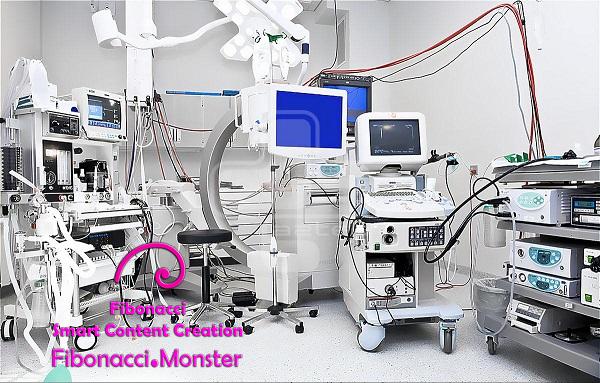
In medical applications, vacuum pumps are employed in hospital suction systems, autoclaves, MRI machines, and ventilators. Vacuum ensures optimal performance and enhances patient safety.
Heavy Industries and Metallurgy
In petrochemical, metallurgical, and chemical industries, vacuum pumps are used for degassing molten metals, vacuum distillation, and impurity removal, improving product quality and reducing production costs.
Electronics and Semiconductors
In electronics and semiconductor manufacturing, vacuum pumps are used for thin-film deposition, chip production, and assembly of sensitive devices. Vacuum prevents particle contamination and improves process precision.
Aerospace and Advanced Industries
In aerospace projects, vacuum pumps simulate space conditions, test equipment, and evaluate components sensitive to low pressure.
Advantages of Using Vacuum Pumps
- Enabling specialized processes: Certain processes, like freeze-drying and thin-film deposition, are only possible under vacuum.
- Increased efficiency: Reduced pressure speeds up processes such as evaporation and distillation.
- Improved product quality: Removing gases and impurities enhances purity and shelf life.
- Energy savings: Processes at lower pressures consume less energy.
- Enhanced system safety: Vacuum prevents air or moisture from entering sensitive systems.
Technical Operation of Vacuum Pumps
Vacuum pumps typically operate in four main stages:
Intake: Gas enters the pump.
Trapping: Gas is prevented from returning using oil or mechanical blades.
Compression: Gas is compressed for discharge.
Exhaust: Compressed gas is expelled from the system.
Main Components of a Vacuum Pump
Vacuum pumps consist of multiple components, each playing a key role:
- Electric Motor: Provides driving force.
- Rotor: Rotating part for gas suction.
- Rotary Vanes: Create suction and compression.
- Inlet and Outlet Valves: Prevent gas backflow.
- Oil Filter and Reservoir: Maintain lubrication and stable operation.
- Pressure Gauge: Displays vacuum level.
- Cooling System: Prevents overheating during operation.
- Pump Chamber: Where suction, compression, and exhaust occur.
Key Considerations When Buying a Vacuum Pump
- Check suction capacity and motor power.
- Choose the appropriate model for your application (single-stage or two-stage).
- Pay attention to warranty and after-sales service.
- Ensure component quality and proper cooling system.
Maintenance and Periodic Service
- Check and replace oil regularly.
- Monitor for potential leaks.
- Use standard filters and replace them periodically.
- Conduct routine component servicing and monitor system pressure.
Why Buy from Biolab Market?
- Offers genuine products with valid warranties.
- Provides expert consultation for choosing the right model.
- Wide variety from workshop to industrial models.
- Fast nationwide delivery.
- Also sells specialized equipment such as freeze dryer .
Conclusion
Vacuum pumps play a crucial role in improving precision, efficiency, and safety in industrial and laboratory processes. Proper selection and maintenance ensure long equipment life and high-quality output. For purchasing high-quality vacuum pumps, Biolab Market is one of the best options for industries, laboratories, and research .


